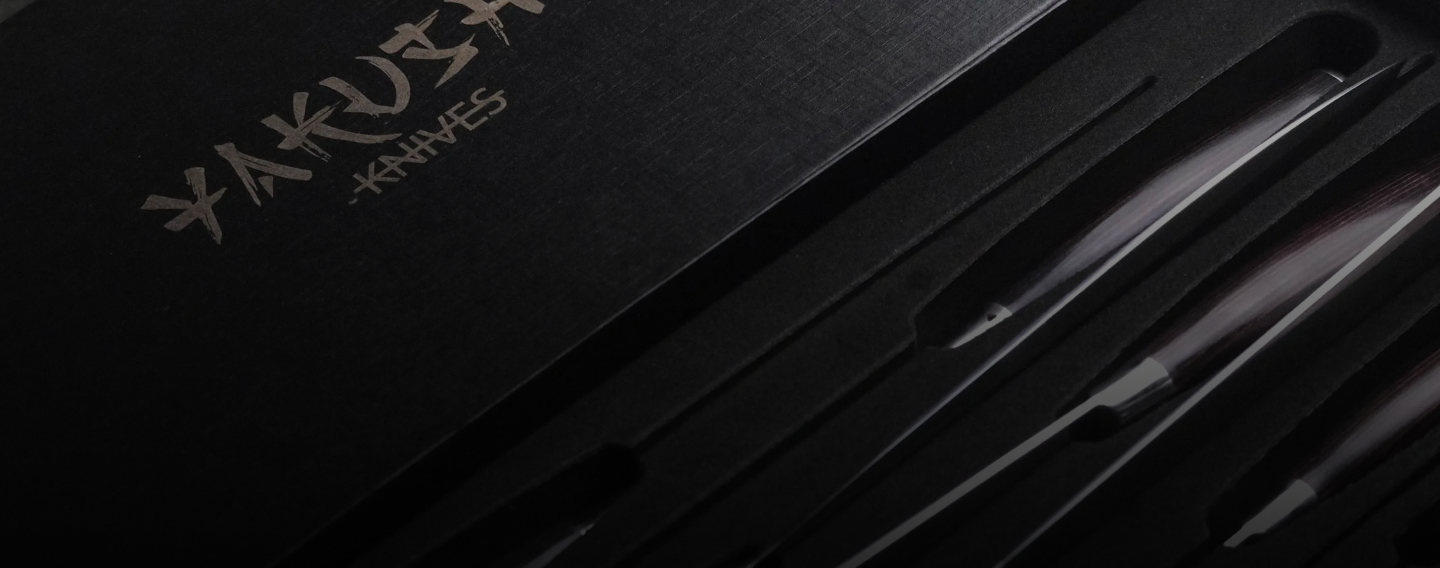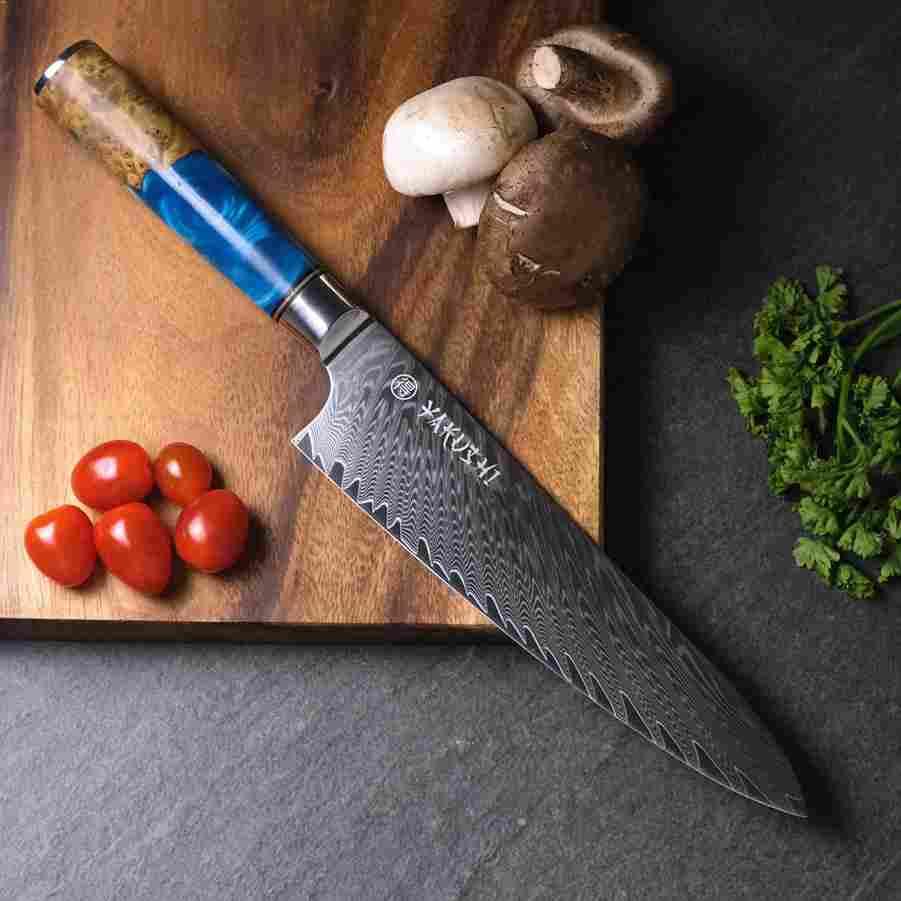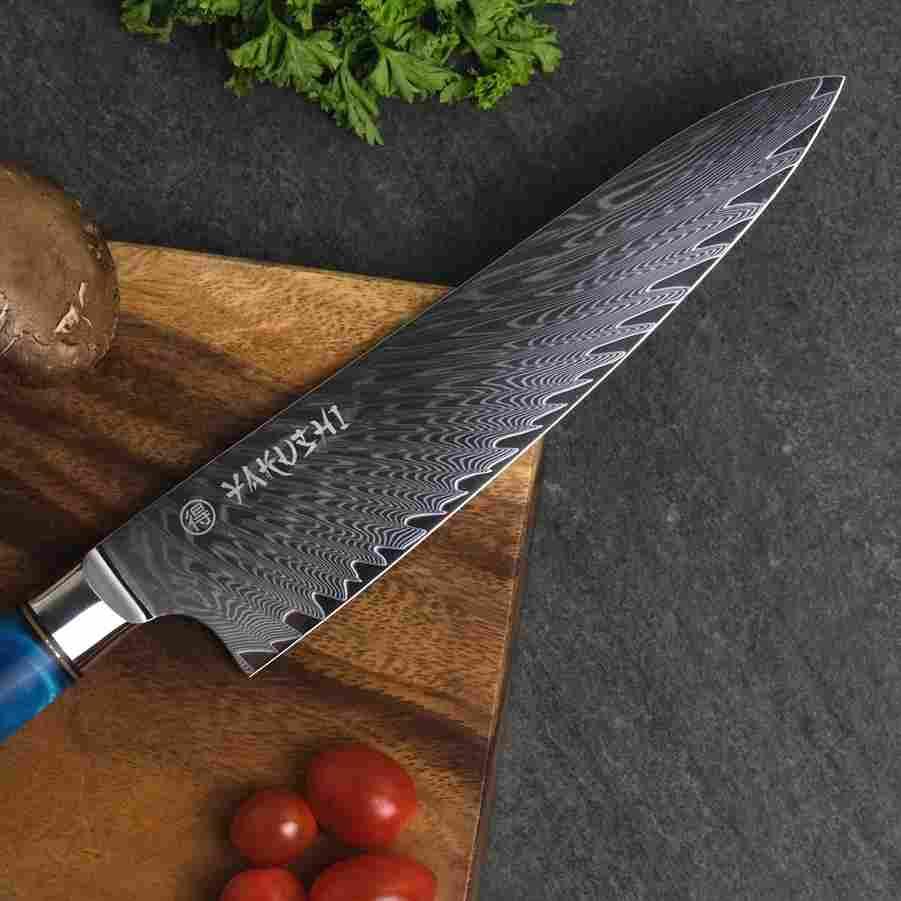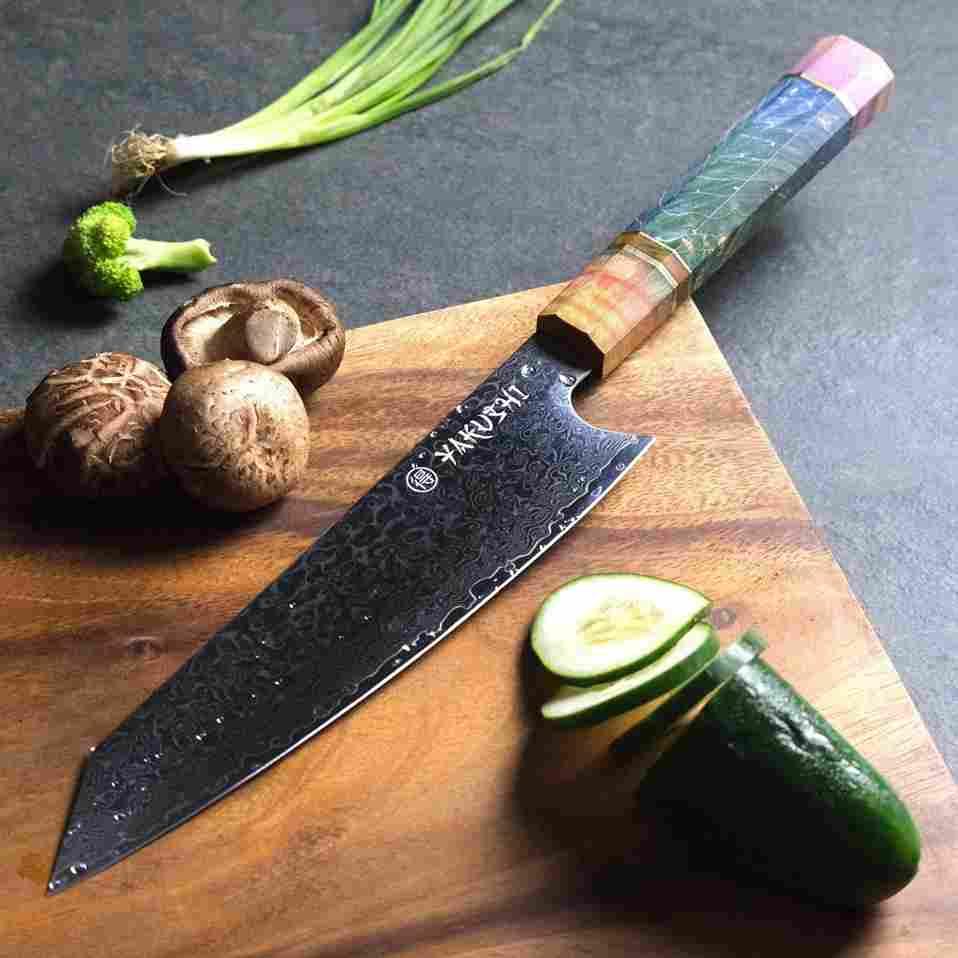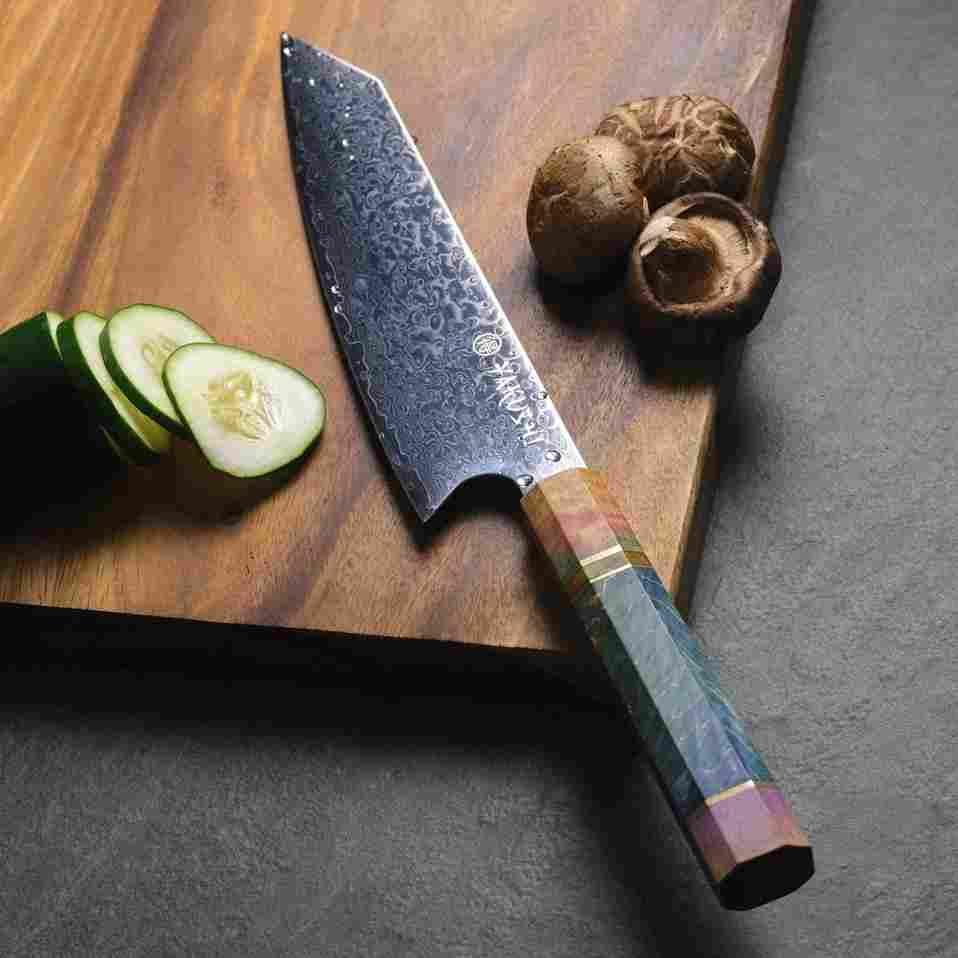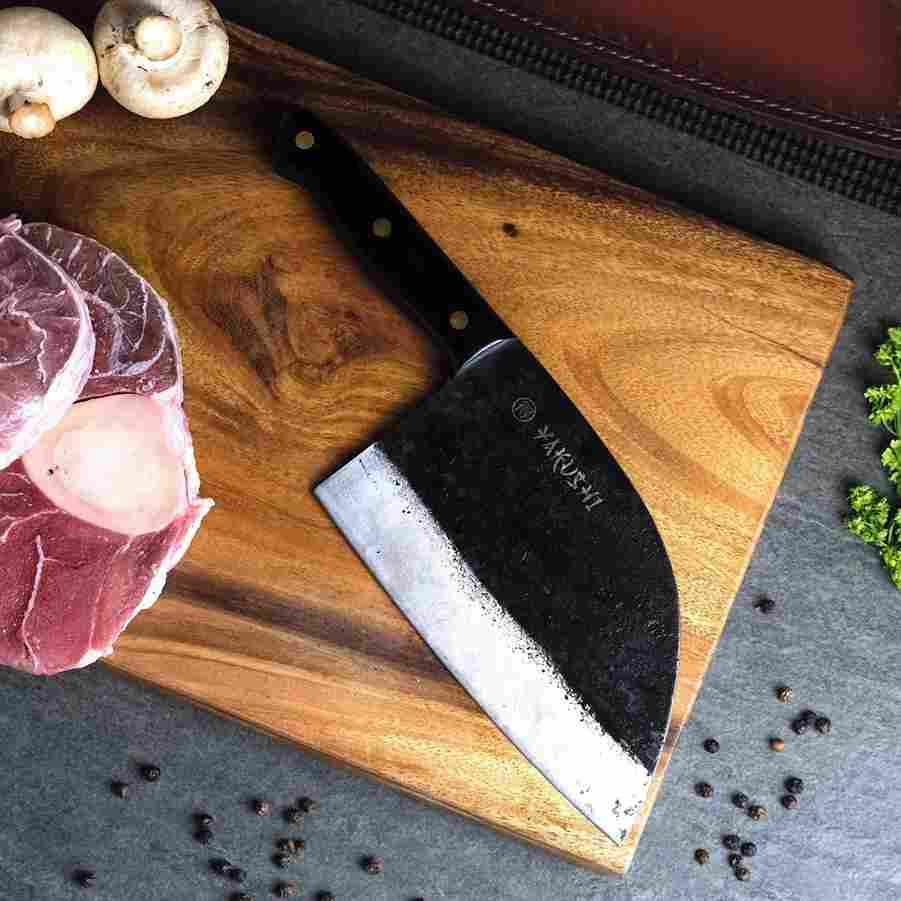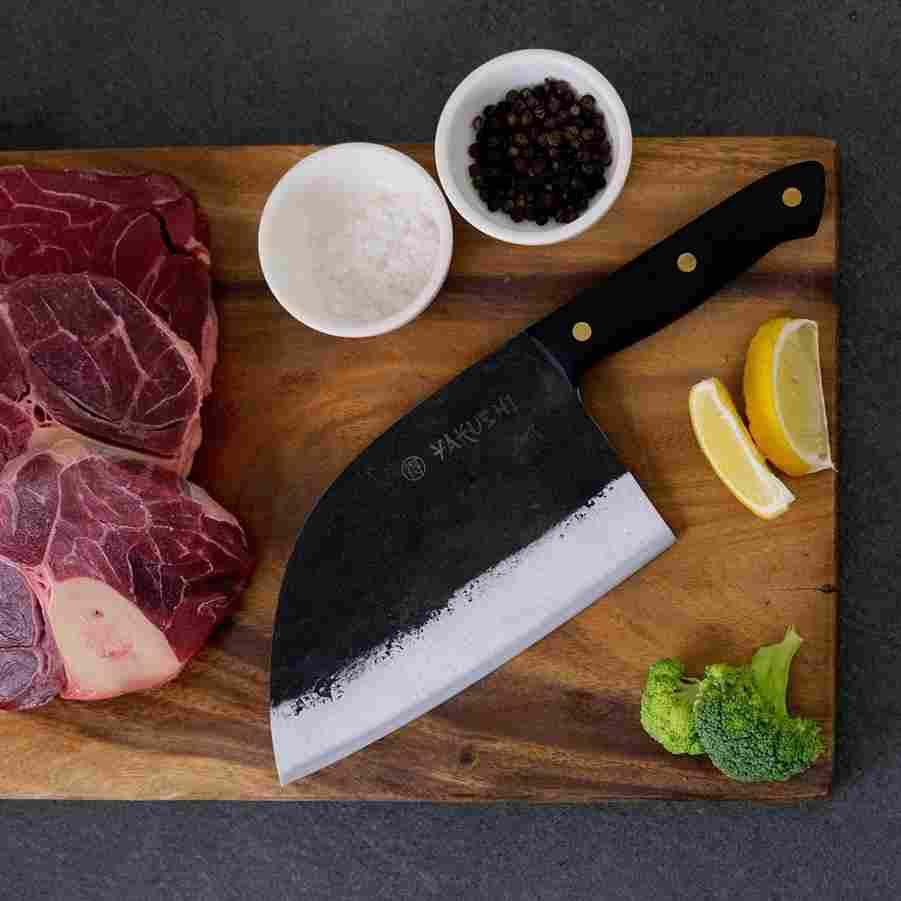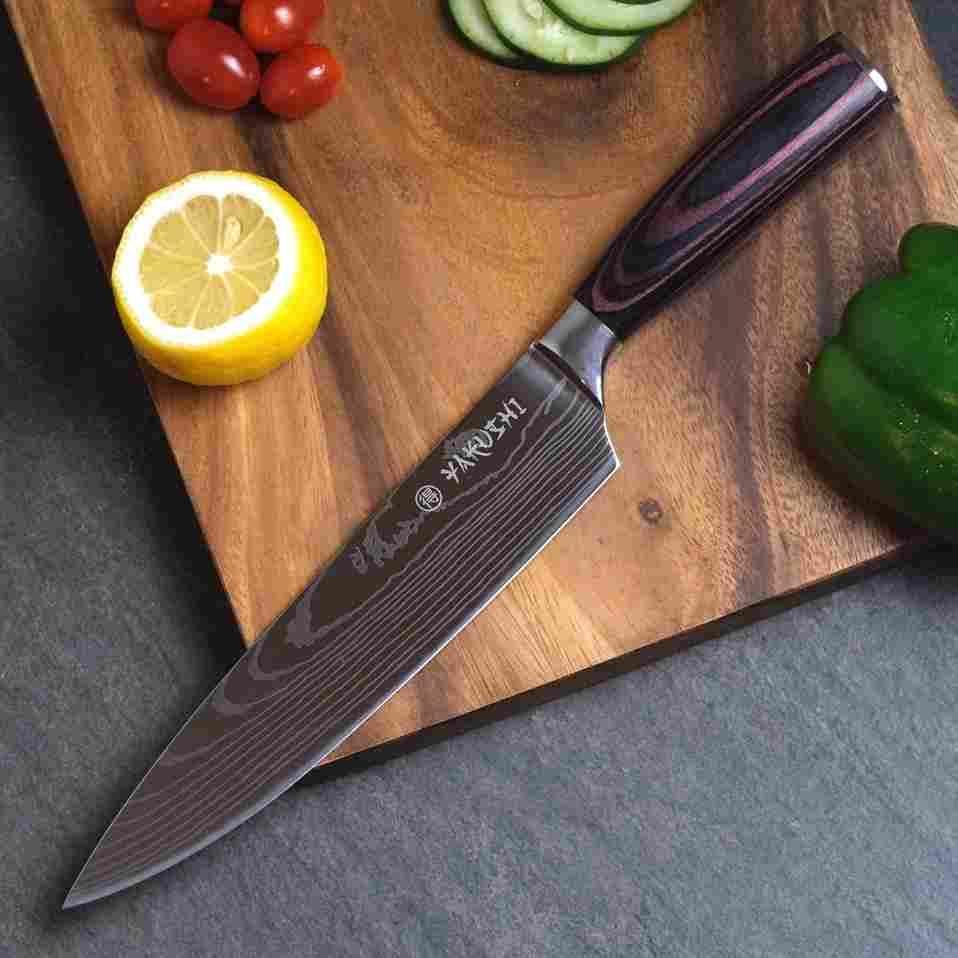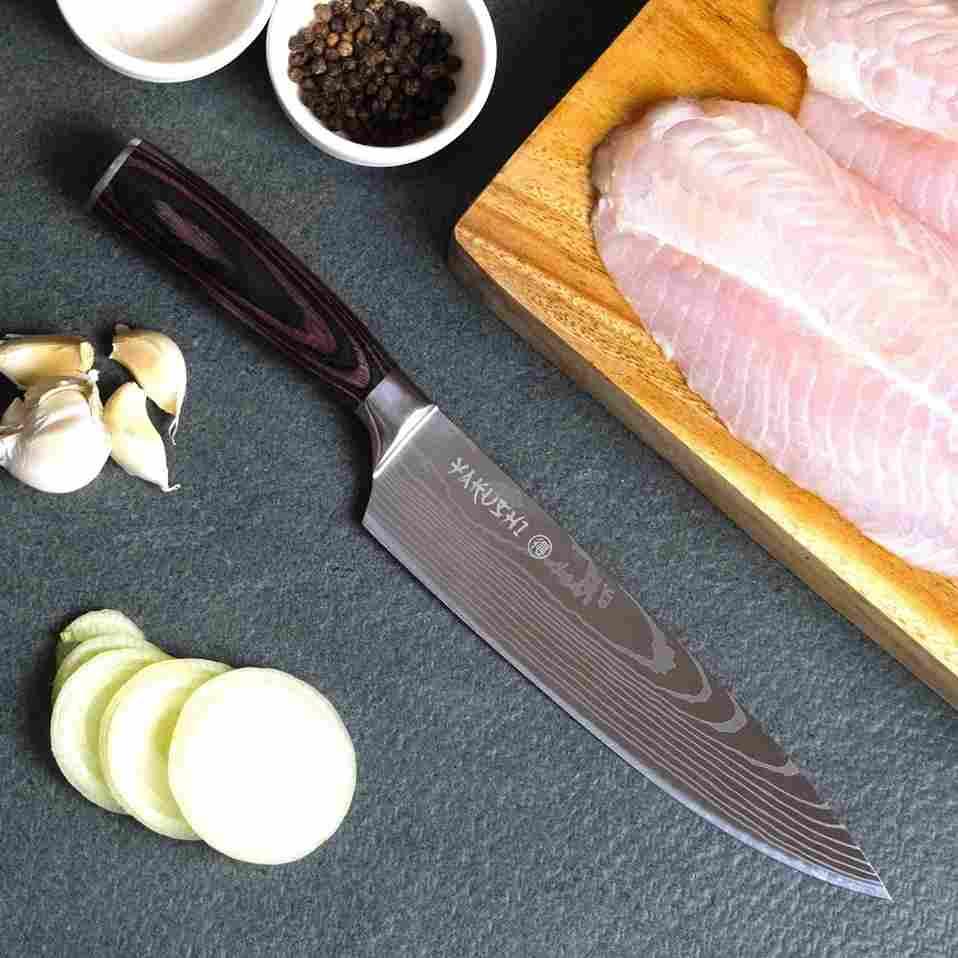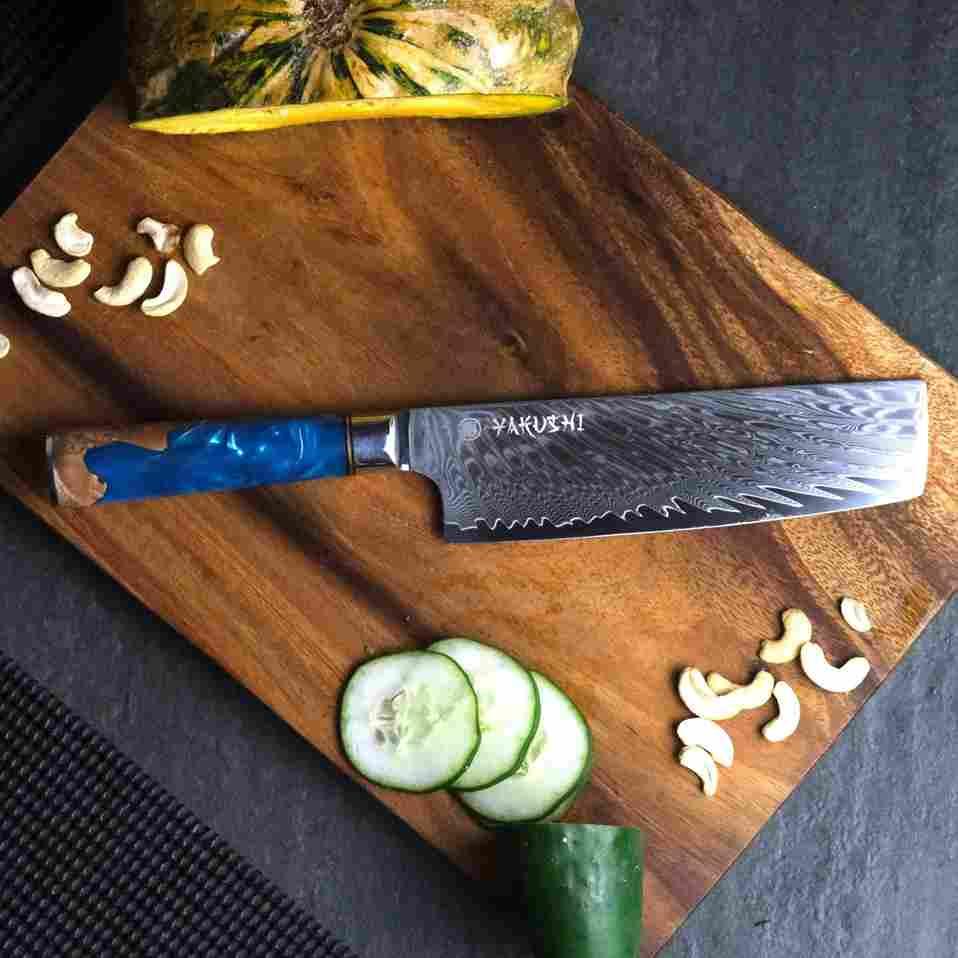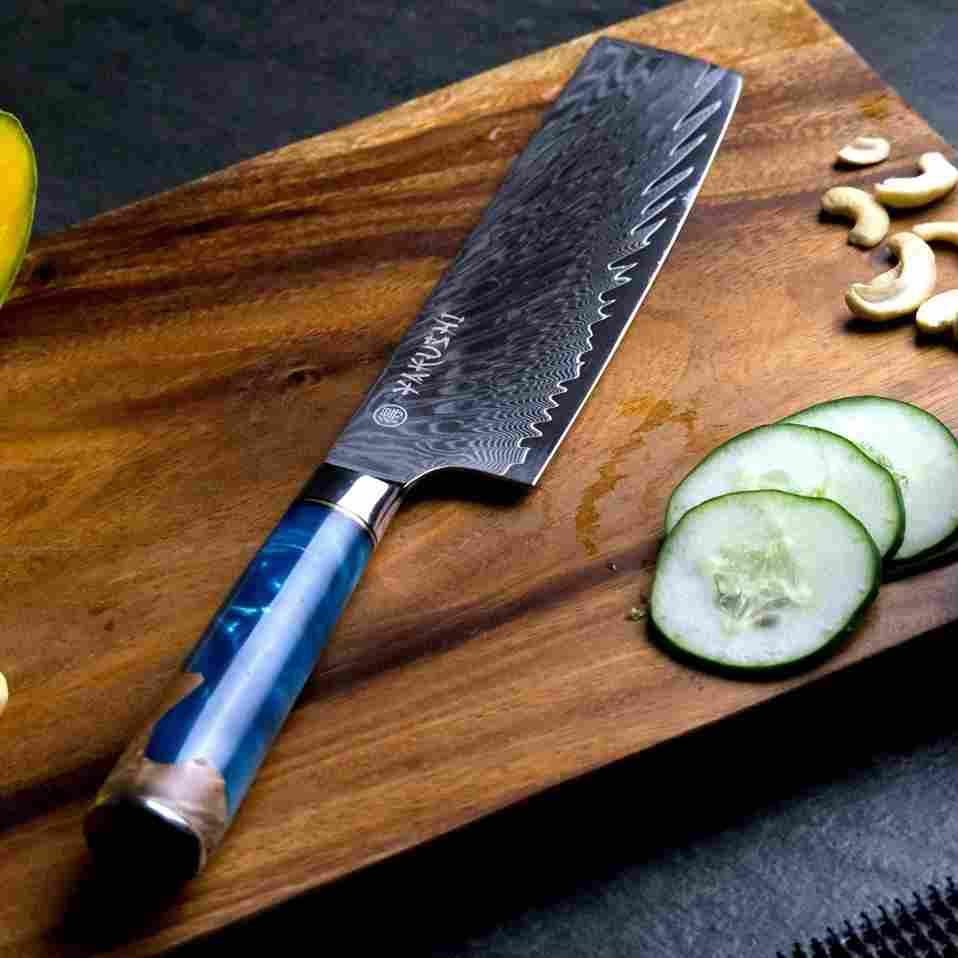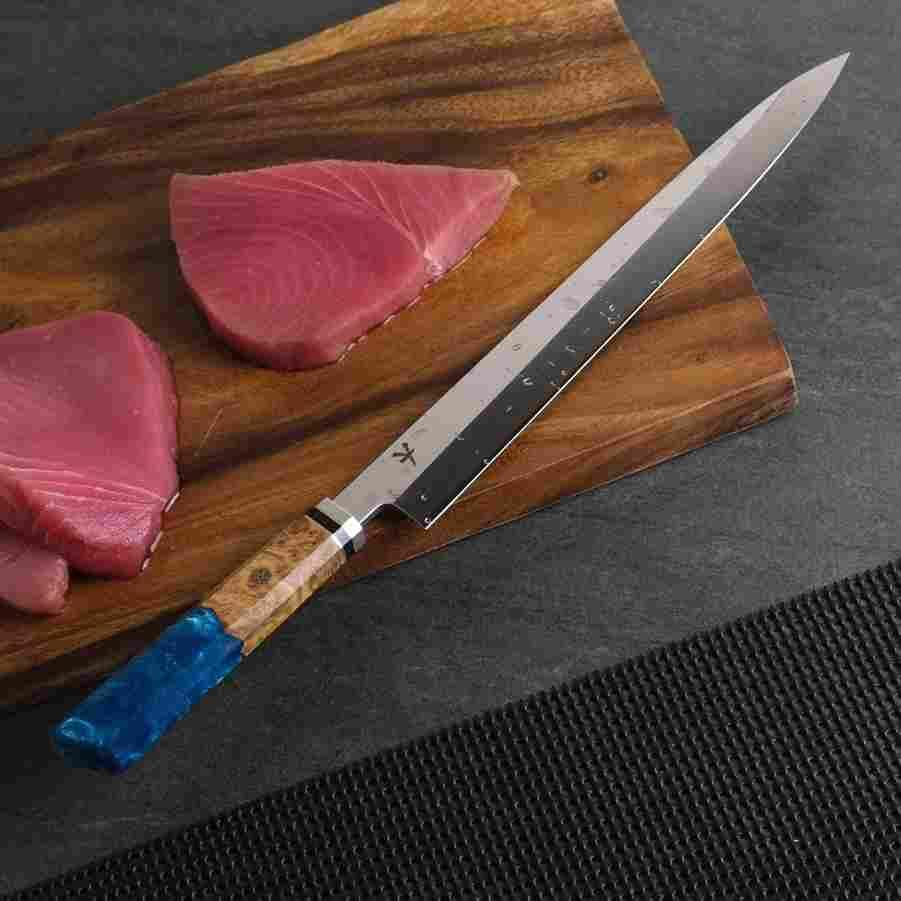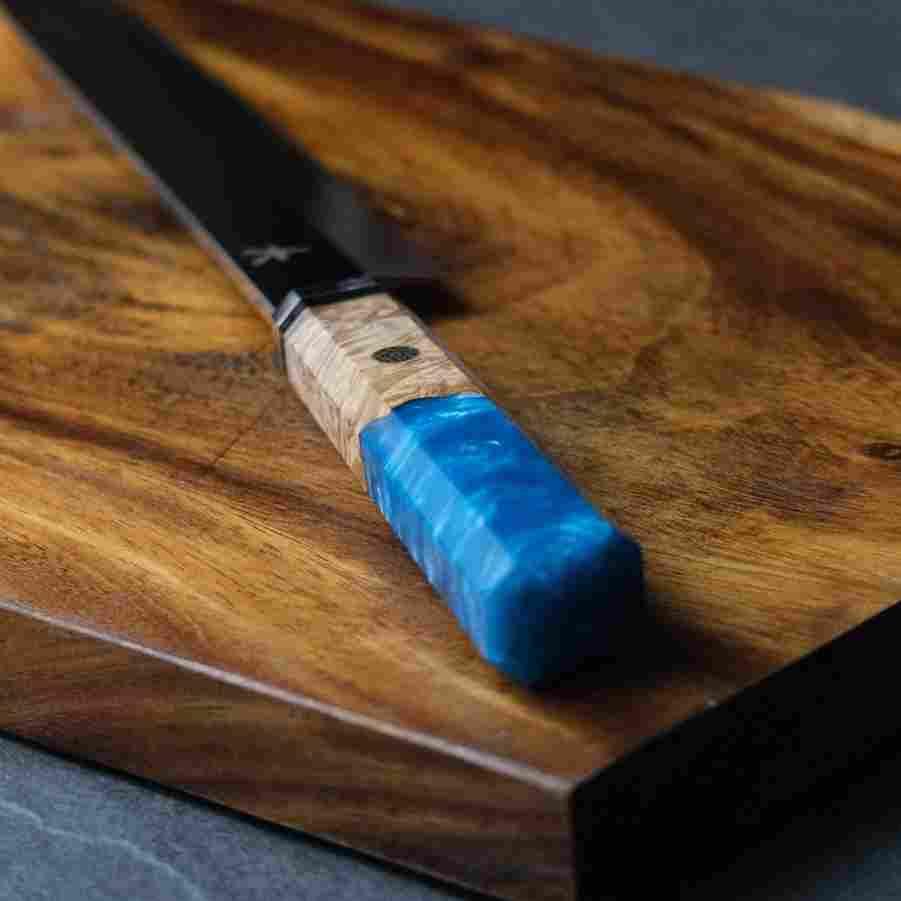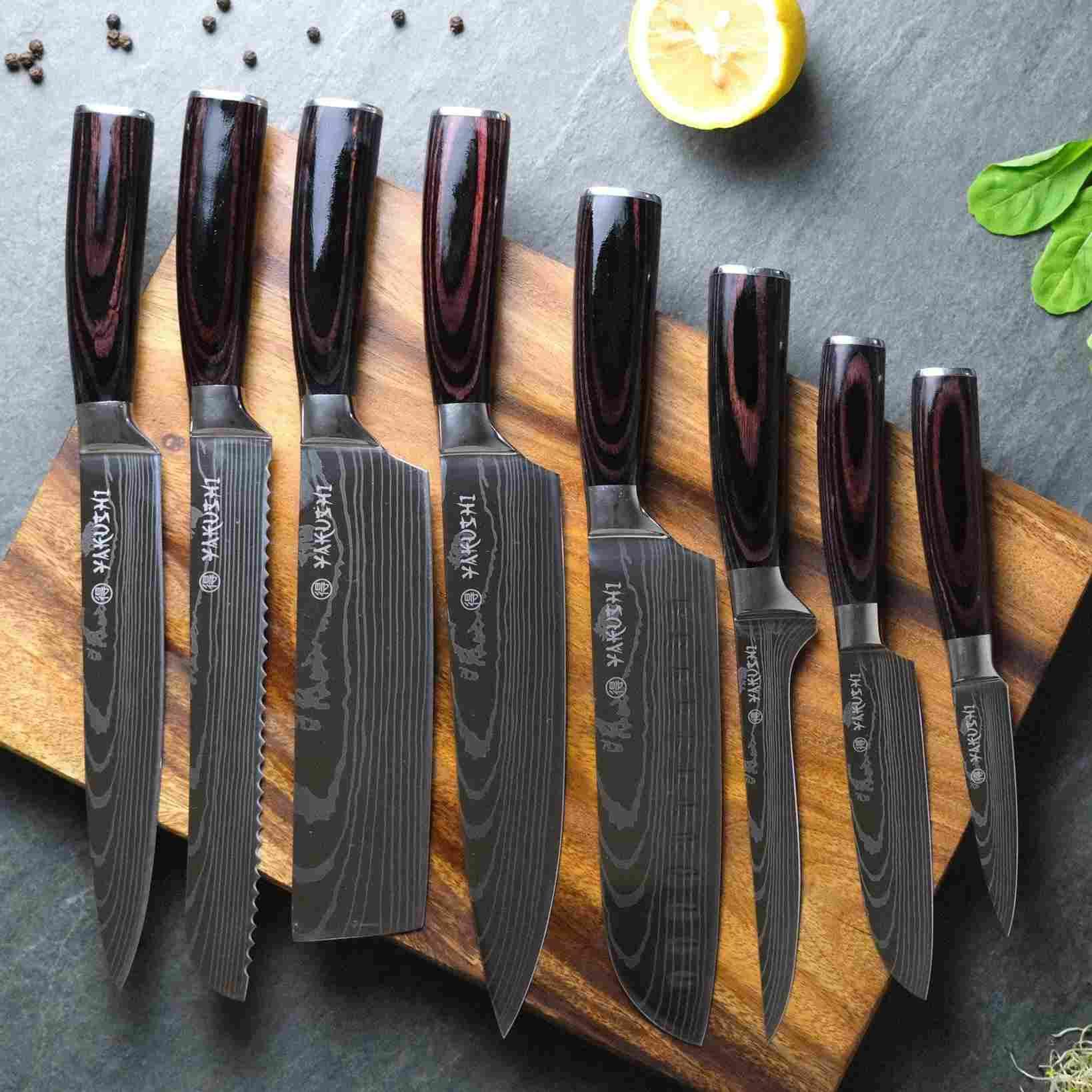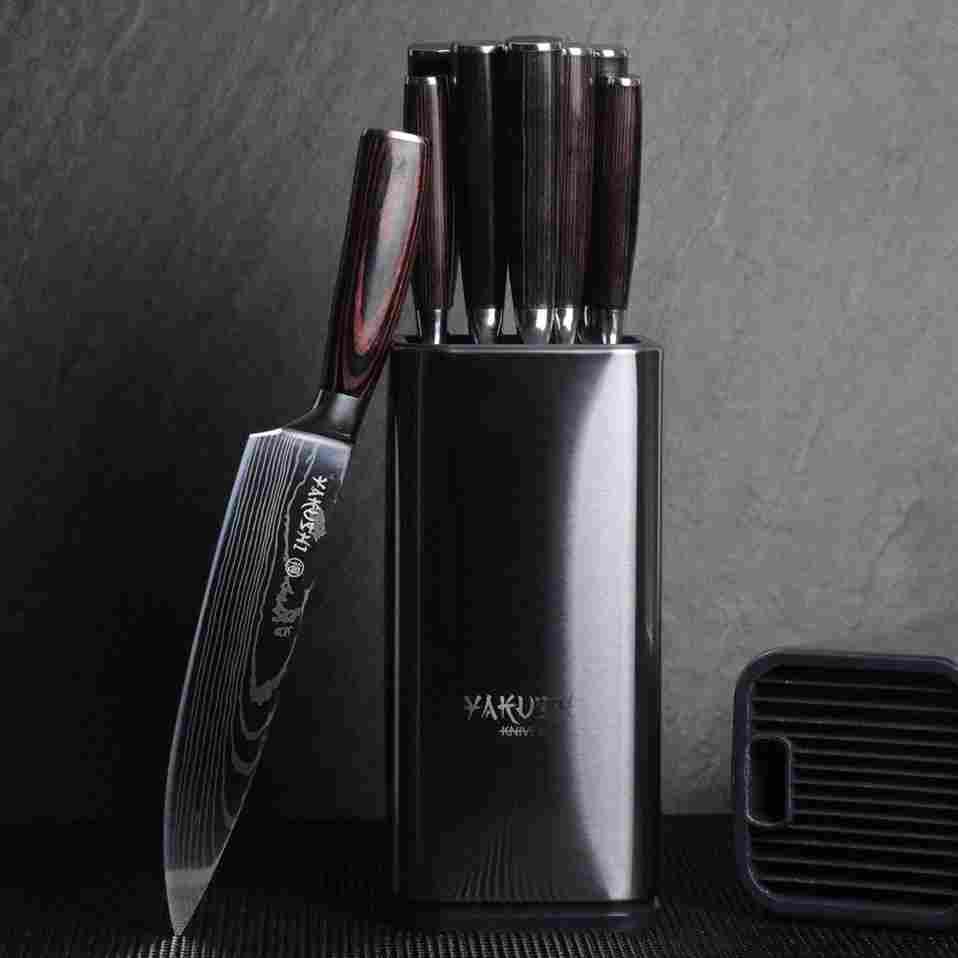High-Quality Japanese Chef Knives at Our Chef Store
Japanese chef knives have a reputation for precision and craftsmanship. At our chef store, you'll find an extensive selection of high-quality Japanese knives to elevate your culinary skills. These kitchen knives are renowned for their sharpness, balance, and ability to handle delicate tasks with ease. Whether you're a professional chef or a home cooking enthusiast, the right Japanese knife can make all the difference in your food preparation.
You'll discover a wide range of Japanese knife styles at our store, including the versatile santoku, the slicing-focused yanagiba, and the all-purpose gyuto. We carry top Japanese knife brands known for their exceptional quality and Damascus steel blades. To help you choose the perfect knife for your needs, we'll guide you through the different types, their uses, and how to care for them properly. By the end of this article, you'll have the knowledge to select and maintain the ideal Japanese chef knife for your kitchen arsenal.
Types of Japanese Chef Knives
Japanese chef knives are renowned for their precision and craftsmanship. At our chef store, you'll find a variety of high-quality Japanese knives to suit your culinary needs. Let's explore some of the most popular types:
Gyuto
The Gyuto is the Japanese version of a Western chef's knife. It's a versatile, multi-purpose knife with a thin, sharp blade that excels at slicing, dicing, and chopping. Gyuto knives typically range from 180mm to 270mm in length, making them suitable for both home cooks and professional chefs.
Santoku
The Santoku, meaning "three virtues," is perfect for slicing, dicing, and mincing. With a blade length of 165mm to 180mm, it's shorter than a Gyuto but equally versatile. Its wide, flat blade is ideal for chopping vegetables and creating fine slices of meat and fish.
Nakiri
Designed specifically for vegetables, the Nakiri has a rectangular blade with a flat edge. Its shape allows for precise, straight cuts and is excellent for chopping greens and root vegetables. The blade length typically ranges from 165mm to 180mm.
Petty
The Petty knife is a smaller utility knife, usually 120mm to 150mm long. It's perfect for delicate tasks like peeling fruits, trimming vegetables, and precise cutting work. Its compact size makes it a go-to knife for many chefs.
Yanagiba
Specialized for slicing raw fish, the Yanagiba is essential for sushi and sashimi preparation. Its long, narrow blade, typically 240mm to 360mm, allows for smooth, single-stroke cuts that preserve the texture and flavor of the fish.
Each of these knives has its unique strengths, catering to different aspects of Japanese cuisine and cooking techniques.
Choosing the Right Japanese Chef Knife
When selecting a Japanese chef knife, you need to consider several factors to ensure you get the perfect tool for your culinary needs. Let's explore the key aspects to keep in mind:
Blade Material
Japanese knives are crafted from various high-quality steels, each with unique properties. Carbon steel, like Shirogami (White Steel) and Aogami (Blue Steel), offers exceptional sharpness and edge retention but requires more maintenance. Stainless steel options like VG-10 or AUS-8 provide excellent corrosion resistance and are easier to care for. Consider your preferences and maintenance habits when choosing the blade material.
Handle Type
Japanese knives come with two main handle types: traditional "wa" handles and Western-style "yo" handles. Wa handles are lightweight and offer excellent balance, while yo handles provide a familiar grip for those accustomed to Western knives. Try different handle shapes to find the most comfortable one for your hand size and cutting style.
Knife Size
The size of your knife should match your hand size and intended use. A 210mm (8.3-inch) blade is considered average length, but you may prefer a shorter or longer knife depending on your needs. Remember, larger knives are generally heavier, which can affect maneuverability and precision.
Intended Use
Consider the types of tasks you'll be performing most often. A versatile gyuto (chef's knife) is ideal for general use, while specialized knives like the nakiri excel at vegetable preparation. Choose a knife that aligns with your cooking style and the ingredients you frequently work with.
Budget
Japanese knives range from affordable to high-end options. While more expensive knives often offer superior quality and durability, there are excellent mid-range choices for home cooks and beginners. Invest in the best knife you can afford within your budget, keeping in mind that a well-maintained Japanese knife can last a lifetime.
Care and Maintenance of Japanese Knives
To keep your Japanese chef knives in top condition, proper care and maintenance are essential. Start by cleaning your knife immediately after use with warm soapy water and a soft cloth or sponge. Avoid abrasive materials and never put your knife in the dishwasher. Dry thoroughly to prevent rust, especially for high-carbon steel blades.
For sharpening, use whetstones to maintain the knife's edge. Begin with a 1000 grit stone for most work, then progress to finer grits for polishing. Maintain a consistent angle, typically between 10-20 degrees, during sharpening.
Store your knives safely using a magnetic rack, knife block, or dedicated drawer with blade guards. This protects the edge and prevents accidents.
To prevent rust, consider applying food-grade mineral oil to carbon steel knives. For stubborn rust, use a rust eraser or fine sandpaper.
With proper care, high-quality Japanese knives can last a lifetime. Replace only when the blade becomes too thin from repeated sharpening or develops irreparable damage.
Conclusion
Japanese chef knives have a significant impact on culinary precision and artistry. Their exceptional craftsmanship, diverse styles, and high-quality materials make them indispensable tools for both professional chefs and home cooking enthusiasts. By understanding the different types of Japanese knives, exploring top brands, and considering key factors when choosing, you can find the perfect knife to elevate your cooking experience.
To keep your Japanese knives in top shape, proper care is crucial. Regular cleaning, careful storage, and appropriate sharpening techniques ensure your knives remain sharp and reliable for years to come. With the right knowledge and maintenance, these exquisite tools can transform your kitchen work, making food preparation more enjoyable and efficient. So, dive into the world of Japanese chef knives and discover how they can enhance your culinary journey.
Popular Japanese Knife Styles and Their Uses
Gyuto for All-Purpose Cutting
You'll find the Gyuto to be the Japanese equivalent of a Western chef's knife. This versatile blade excels at slicing, dicing, and chopping various ingredients. With its sharp edge and sleek design, the Gyuto is perfect for rocking back and forth while mincing. Its pointed tip allows for precise cuts, making it an essential tool for any kitchen task.
Santoku for Vegetables and Boneless Meats
The Santoku, meaning "three virtues," is ideal for cutting meat, fish, and vegetables. Its wide, flat blade provides excellent knuckle clearance and is perfect for tap chopping, push cutting, and pull cutting. The Santoku's curved Kamagata tip forms a wider angle, making it less prone to breaking but slightly less nimble than a Gyuto.
Nakiri for Precise Vegetable Cuts
Designed specifically for vegetables, the Nakiri features a broad, rectangular blade with a straight edge. This shape allows for clean, precise cuts without bruising delicate produce. The Nakiri excels at push-chopping and is particularly effective for cutting hard vegetables like pumpkins and squash. Its double-bevel grind makes it easier to use and maintain compared to single-bevel knives.
Yanagiba for Sashimi and Sushi
The Yanagiba is the go-to knife for creating perfect slices of raw fish for sashimi and sushi. Its long, slender blade allows for smooth, single-stroke cuts that preserve the texture and flavor of the fish. The Yanagiba's pointed tip also makes it suitable for fileting small to medium-sized fish.
FAQs
What are the top Japanese knife brands?
The best Japanese knife brands of 2024, as tested and reviewed by Food & Wine, include Mac Knife, known for its 8-Inch Hollow Edge Chef's Knife, Tojiro with its DP Gyutou Chef's Knife and Nakiri Knife, Masamoto with the FH Santoku Knife, Yoshihiro featuring the Kasumi Deba Filet Knife, Kikuichi with its Sujihiki Knife for slicing and carving, among others.
What is the Japanese equivalent of a Western chef's knife?
The Gyuto is the Japanese version of the Western chef's knife. It serves as the primary kitchen knife in Japanese cuisine, similar to the chef's knife in Western culinary traditions.
Are high-priced Japanese knives a good investment?
Yes, expensive Japanese knives are generally considered a worthwhile investment due to their exceptional sharpness, high-quality craftsmanship, unique designs, cultural significance, and lasting value. These attributes make them highly sought after by serious cooks and professional chefs.
Which knife brands are most favored by professional chefs?
Professional chefs often prefer brands such as MAC, particularly the MAC Professional Series 8-Inch Chef's Knife (MTH-80), and Global, notably the Global Classic 8-Inch Chef's Knife (G-2). For those seeking great value, the Our Place Everyday Chef's Knife is also highly recommended.
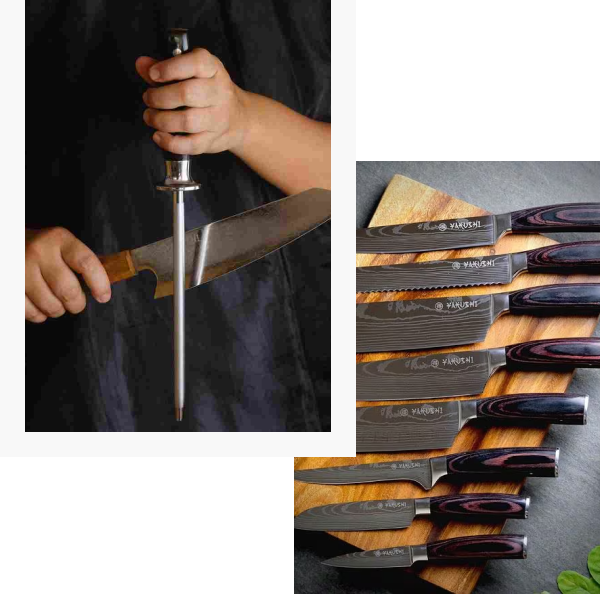
About the Knives
We are passionate craftsmen, dedicated to creating exceptional Japanese knives that embody beauty, function, and tradition. We use only the finest materials and employ conventional forging techniques to ensure that our knives are not only razor-sharp and durable but also a work of art.
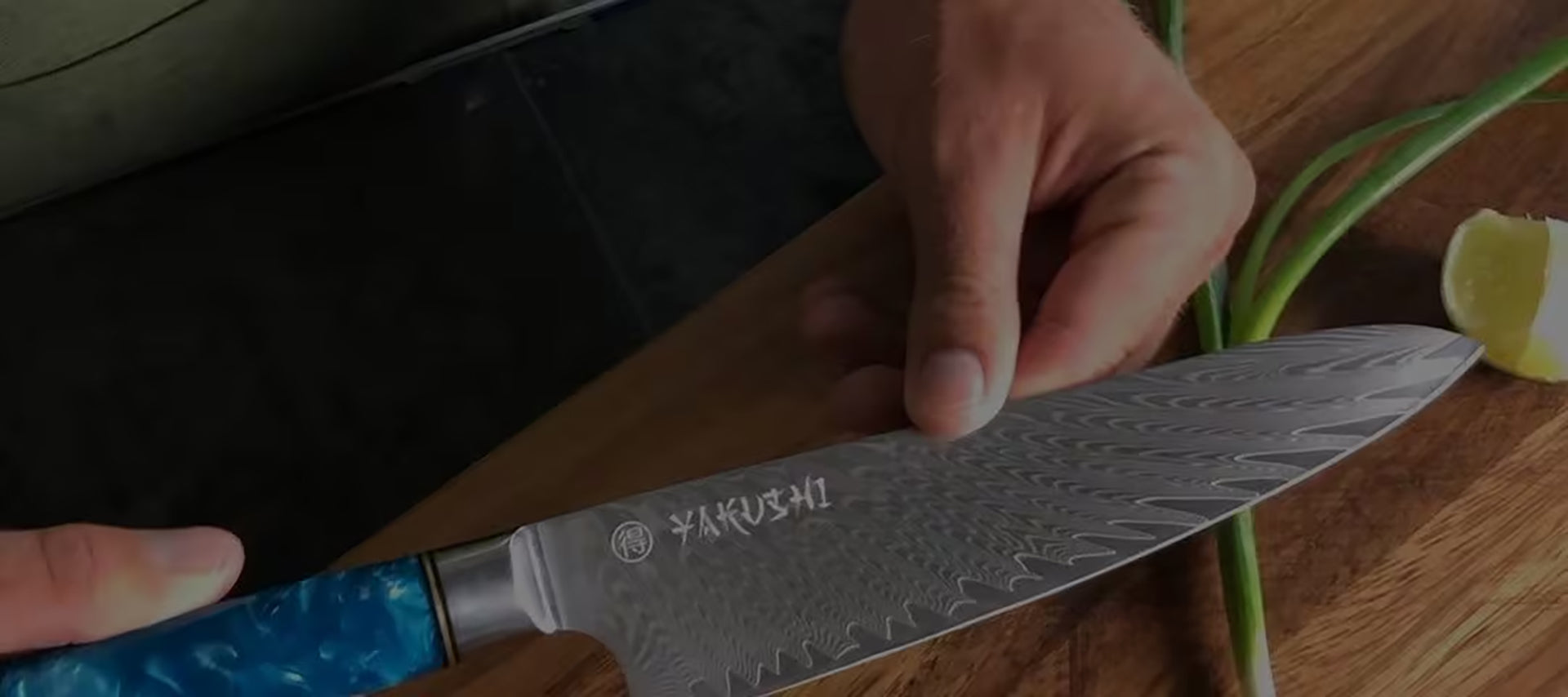
WATCH VIDEO
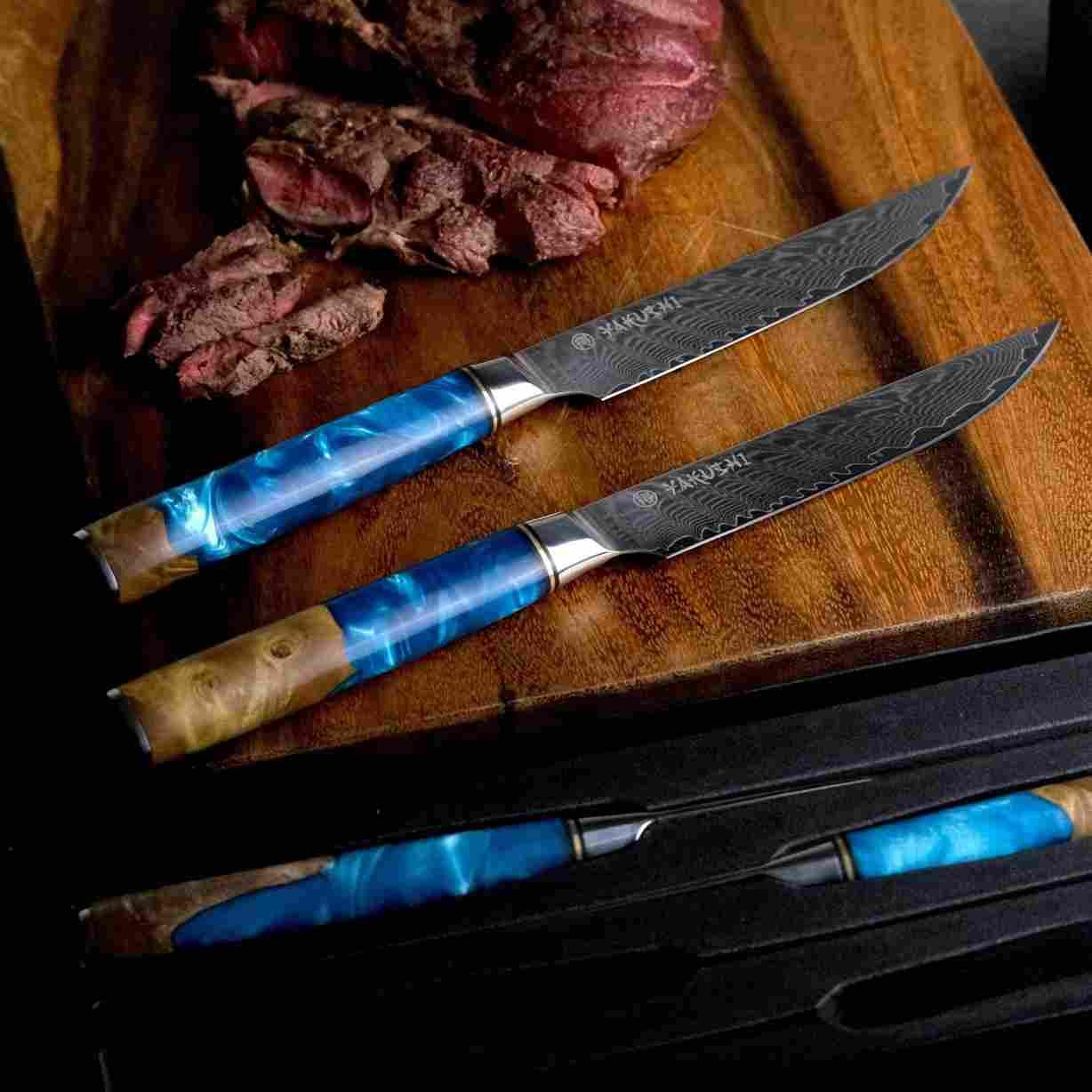
Yakushi™ Damascus Steel Chef Knife
A Classy Handcrafted Set, Not only for special occasions.
This Steak Knife Set includes four beautifully crafted knives, making it perfect for families or small dinner parties. The knives come in a stylish box, making it an excellent gift for any steak lover in your life.
I really like the traditional look. They have perfect balance and grip. Incredibly sharp as well!"

